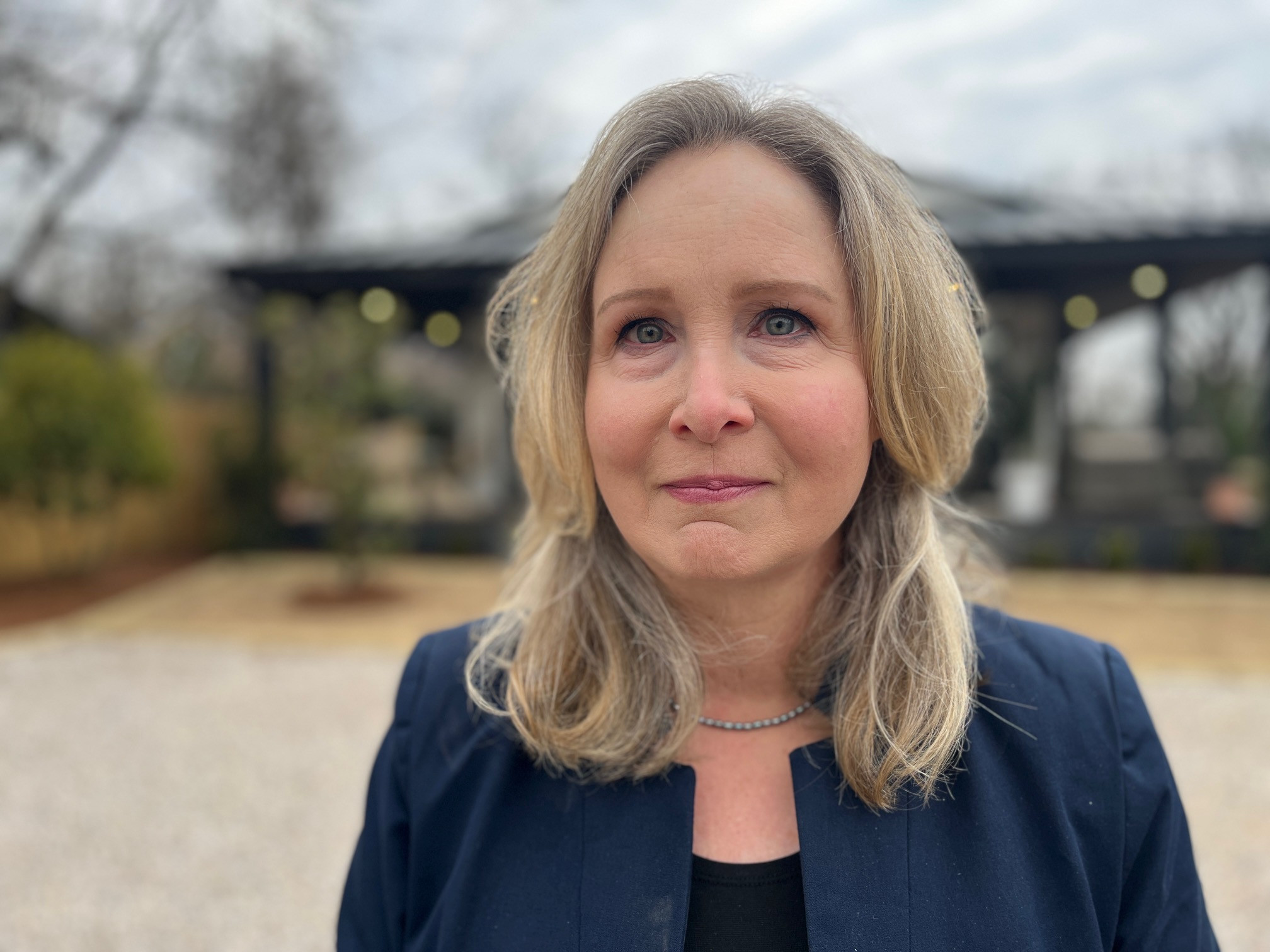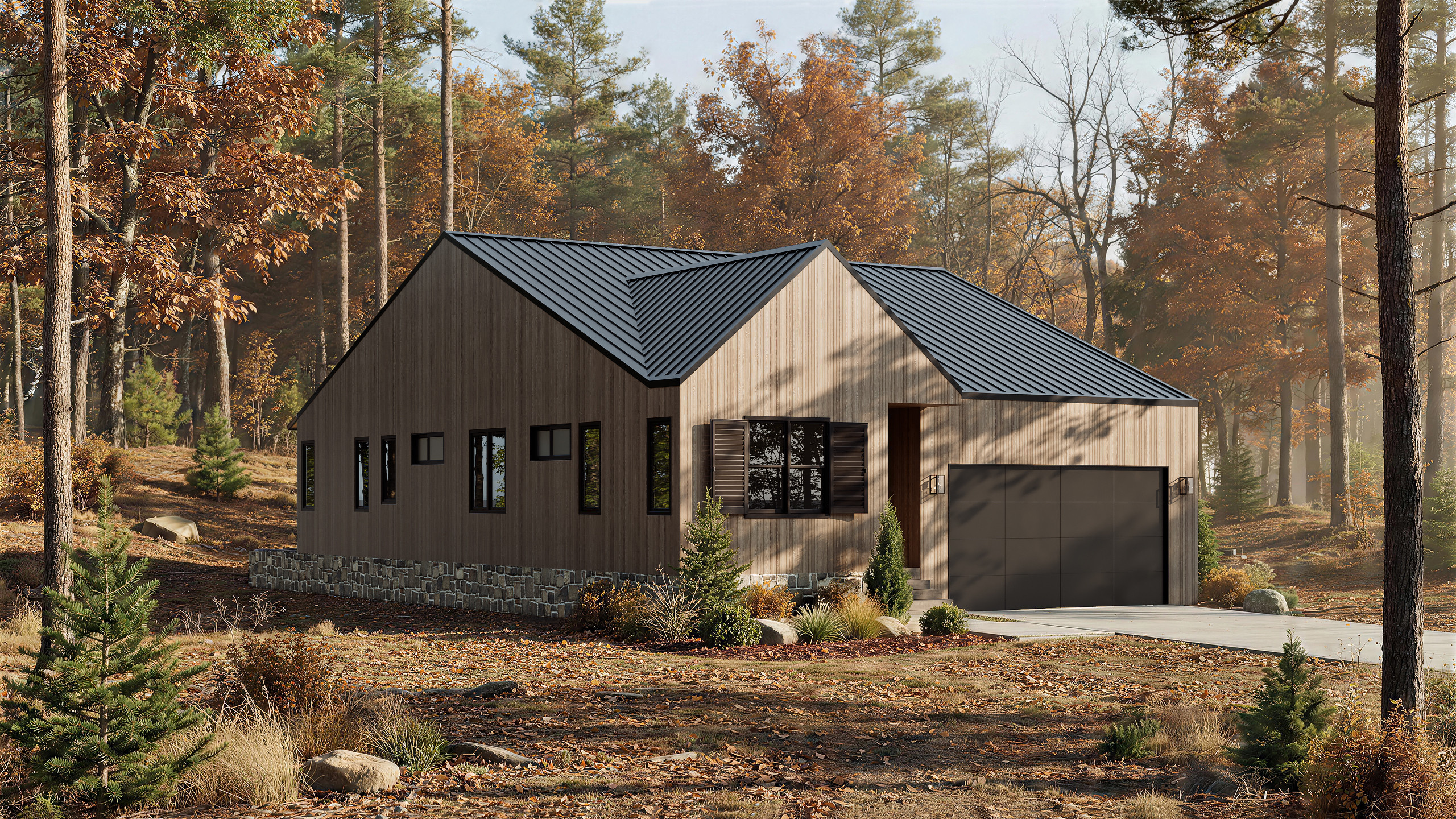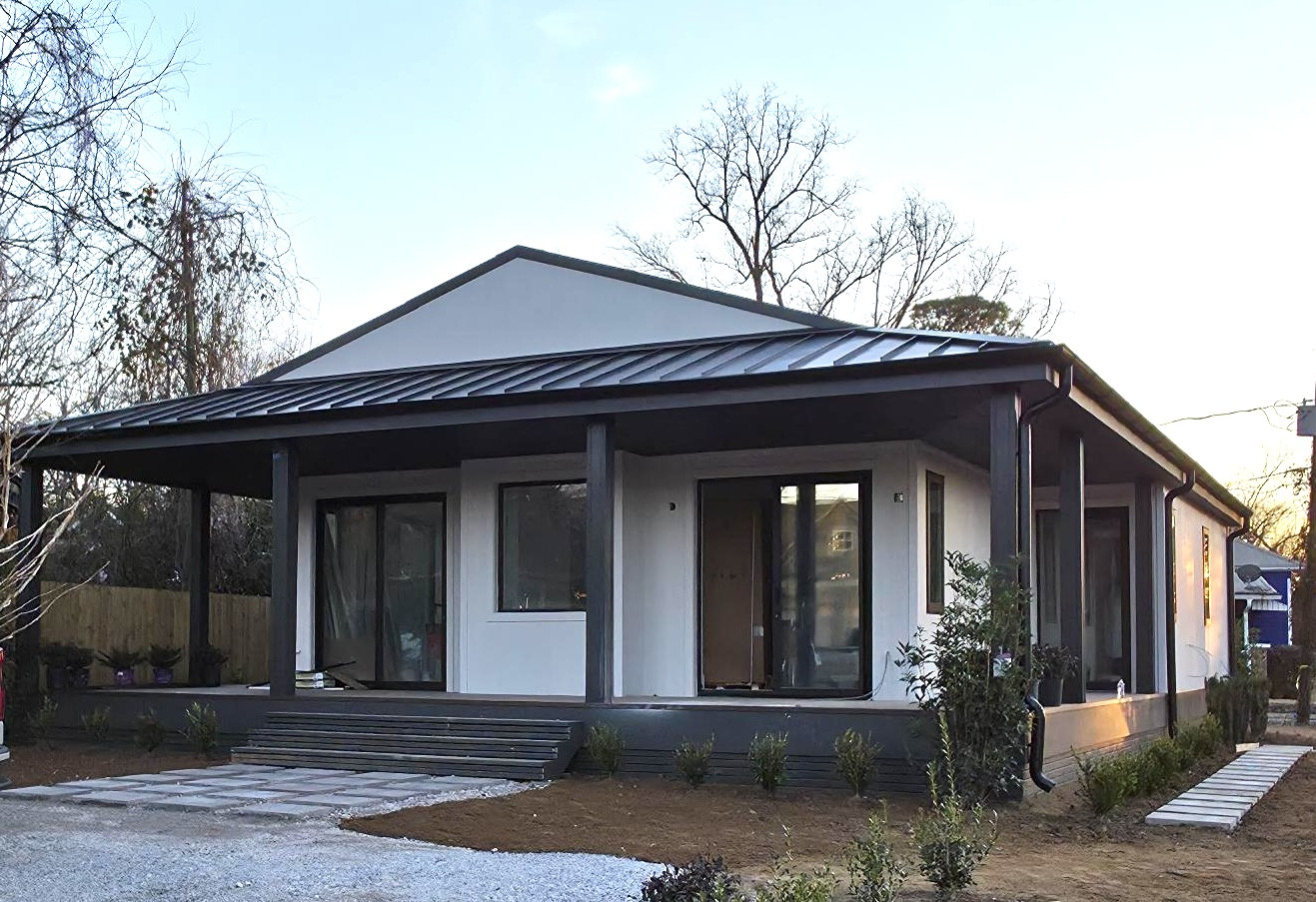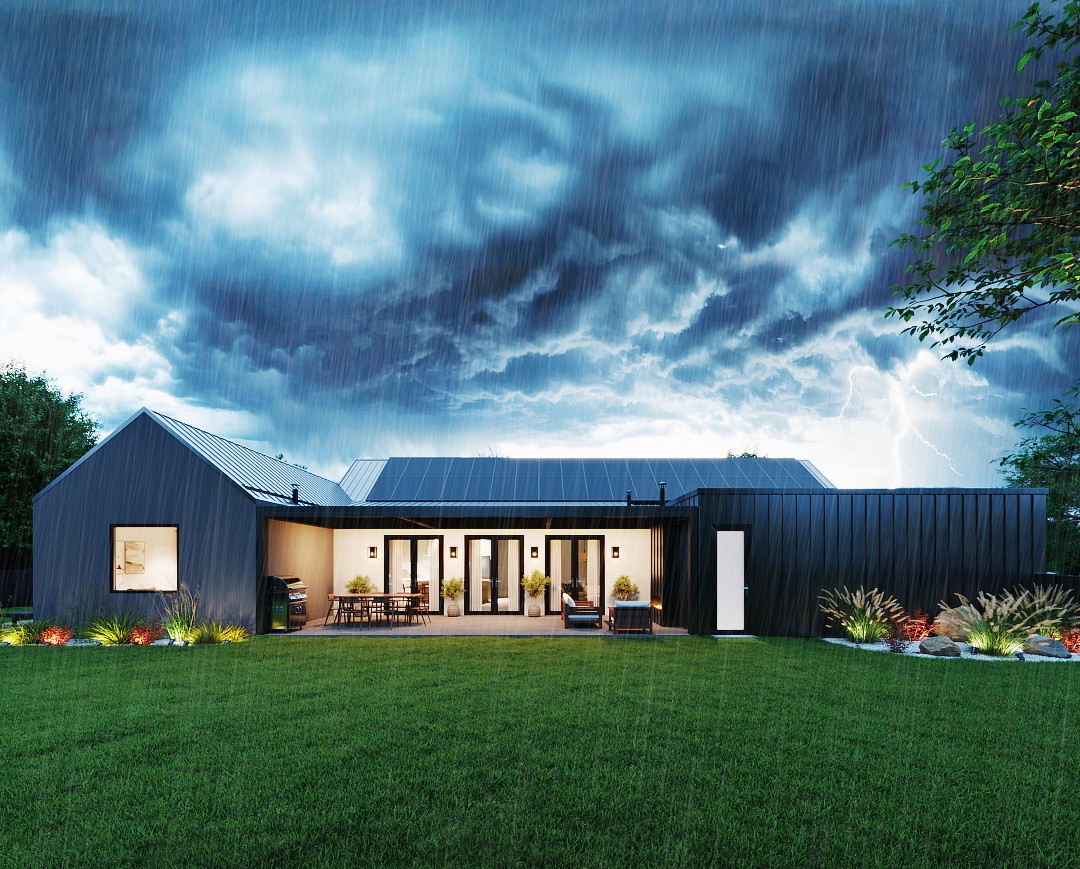“I want to give the audience a song that they can perform”
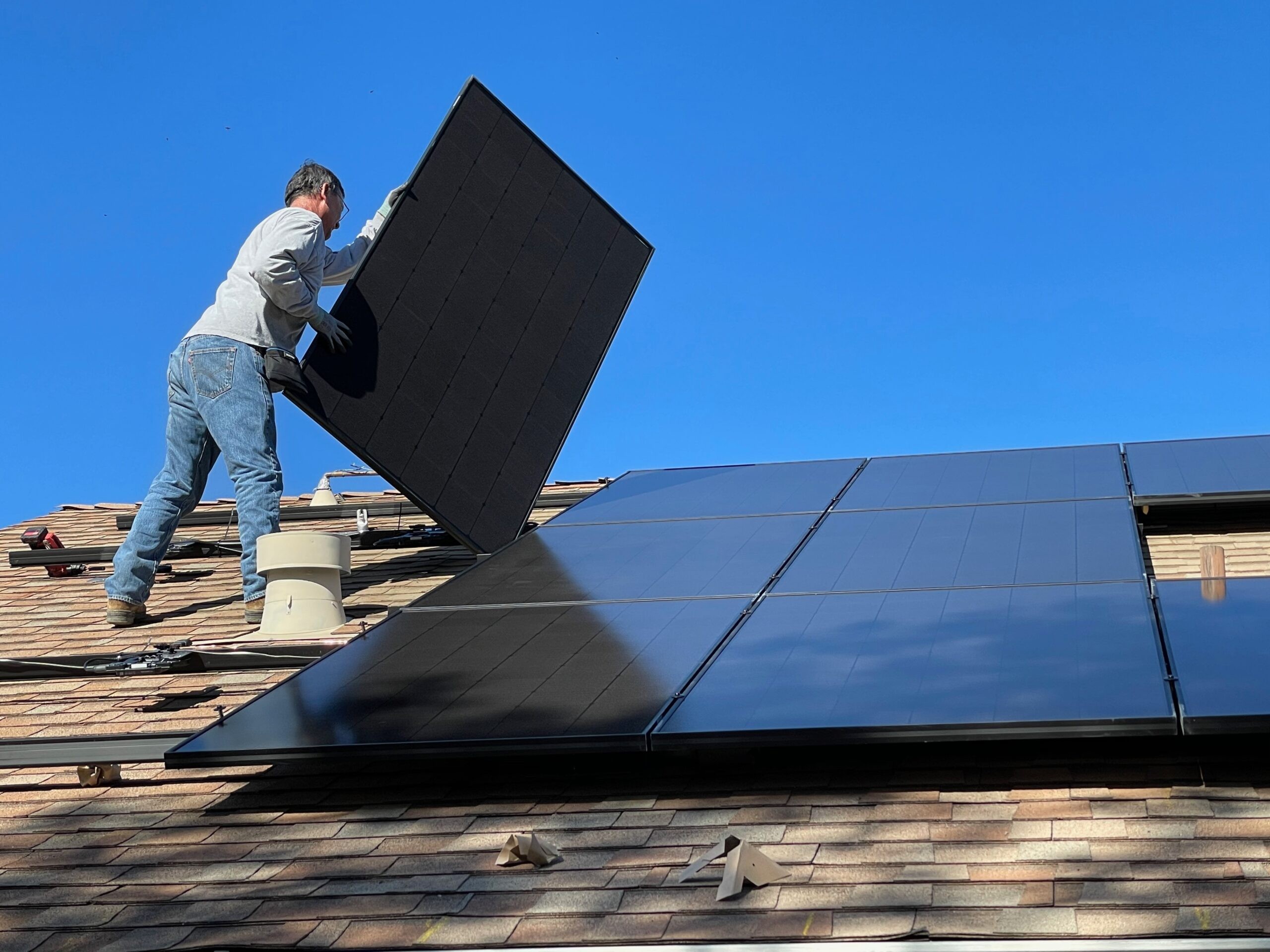
In a scene from the movie “Bohemian Rhapsody,” Freddie Mercury walks in late to a rehearsal to find Brian May leading the rest of Queen in the stomp-stomp-clap beat that will become the mother of all rock anthems, “We Will Rock You.”
Freddie listens for a moment, then asks him, “Will you please tell me why you’re not playing any instruments?”
“I want to give the audience a song that they can perform,” says Brian.
I think we need something similar for the climate.
I saw this post come up in my LinkedIn feed a couple days ago about the flooding in Slovenia …
The future is happening here and now. The largest natural disaster happened this weekend in Slovenia. More than 2/3 of the country was flooded and cut off the rest of the country: hundreds of houses were flooded, about 100 bridges were damaged, basic infrastructure was damaged – roads, electricity, water, communication, gas, rail, public transport, 4 deaths…. The costs of redevelopment will be enormous
The post is heartbreaking.
And so damned typical.
And frustrating.
Frustrating because, when I see stories like this, I always end up asking myself: What can I DO?
The post tries to answer that question:
What next? We all have to rethink our actions and values. We have to take responsibility to take serious #climatemitigation and #climateadaptation actions – the public and the private sector. Just nice words and reports about sustainability will not be enough.
While I empathize – and agree (a line from Rilke comes to mind: “You must change your life”) – I’m left wanting something … specific.
Specific like an everyday metric. E.g.:
- Want to be fit? Walk 10,000 steps every day.
- Want your kids to love books? Read to them for 15 minutes every day.
- Want to be healthy? Eat five fruits and vegetables every day.
- Want to help the climate? Make one panel’s worth of extra energy every day.
I just made up that last one.
I really have no idea what the answer should be, but I think there’s a metric we can create, and if we can create it, solar-powered homes can be a kind of catalyst for positive change.
By the way, I’m using a data point that a typical single solar panel in the United States generates about 2 kilowatt-hours per day. Don’t hold me to the math, but the idea is that if everyone generates one solar panel’s worth of extra energy, that energy can flow to other places and create a virtuous cycle.
Once you have a metric, and a smart, connected home-energy dashboard, you can start to compare your home energy surplus to others, and perhaps compete for bragging rights or even real money.
In other words, everyone gets to perform the song.
Cheers,
Jeff
Jeff Williams is Momo’s chief marketing officer.
Track the global transition to sustainable homebuilding.
Subscribe to the Momo Focus newsletter.

